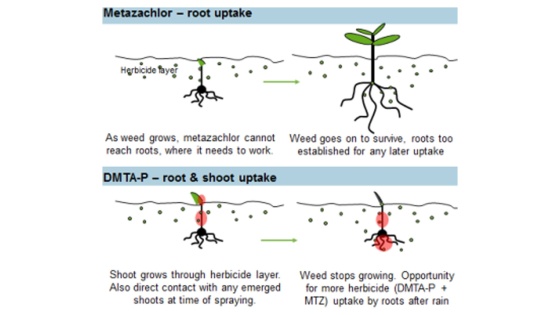Springbok®
Springbok® is a residual herbicide that can be used on all varieties of winter oilseed rape for the control of a range of broad‑leaved and grass weeds.
Springbok®
Springbok® is a residual herbicide that can be used on all varieties of winter oilseed rape for the control of a range of broad‑leaved and grass weeds.
Benefits
- Removes weed competition early, helping the crop get off to the best start
- Provides long-lasting and reliable control of key broad-leaved weeds
- Provides a great start to black-grass management, reducing the pressure on fops and dims
- Provides reliability in dry conditions due to multiple points of uptake by the weed
Product Overview east
Product Downloads and Links
| Label | |
|---|---|
| Safety data sheet | |
| BASF Compatibility List |

